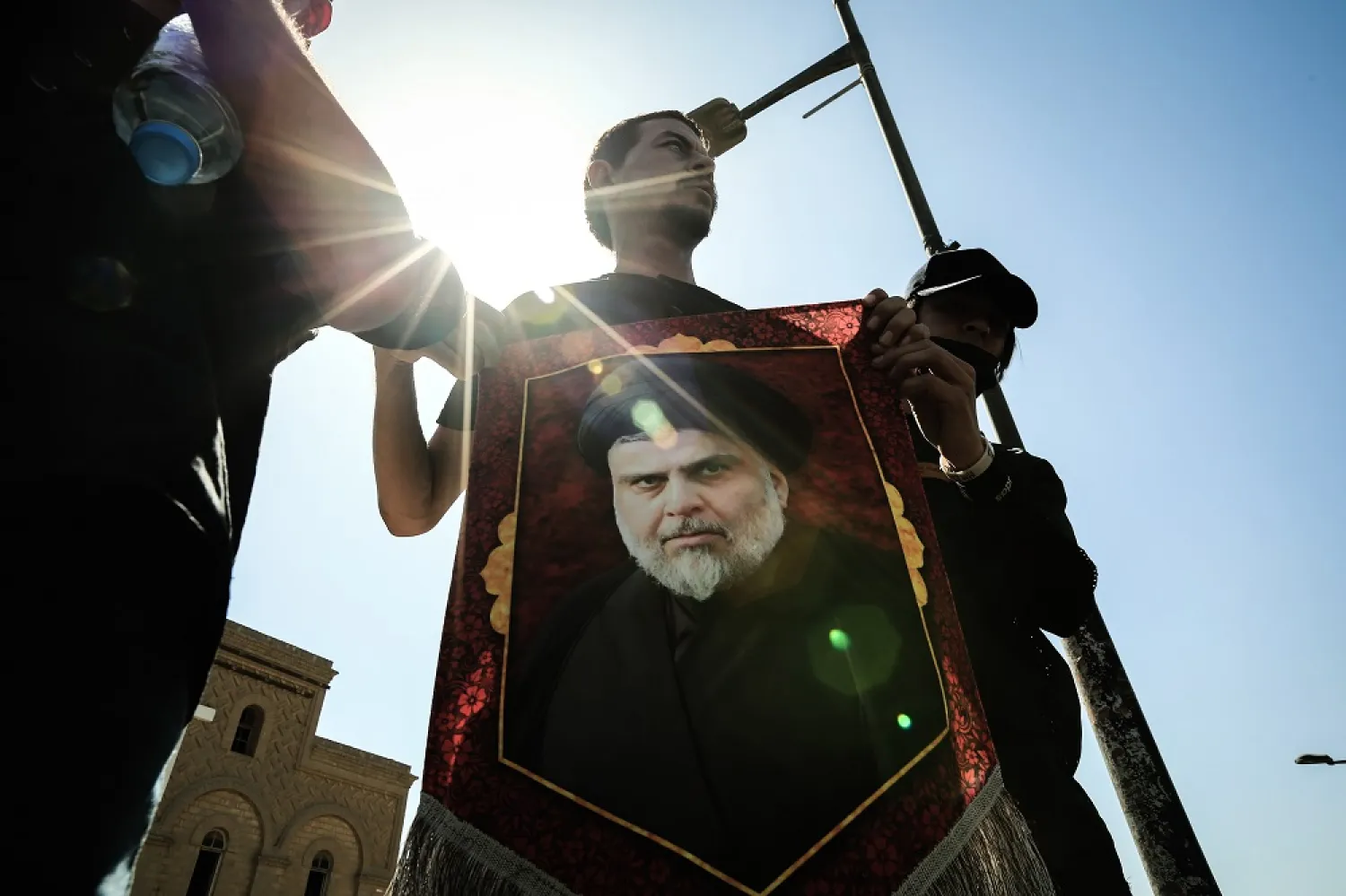Iraqi Shiite cleric Moqtada al-Sadr's movement on Saturday announced its refusal to join a new government being formed by prime minister-designate Mohammad Shia al-Sudani.
The announcement came two days after lawmakers elected Abdul Latif Rashid as Iraq's new president, and he swiftly named Sudani as prime minister in a bid to end a year of political gridlock since October 2021 elections.
"We stress our firm and clear refusal for any of our affiliates to participate... in this government formation," Mohammed Saleh al-Iraqi, a close associate of Sadr, said in a statement posted on Twitter.
The 52-year-old Shiite former minister Sudani has the backing of Sadr's Iran-backed rivals, the Shiite Coordination Framework, which controls 138 out of 329 seats in the Iraqi legislature.
In June, Sadr had ordered the 73 lawmakers in his bloc to resign, leaving parliament in the hands of the Framework, which includes representatives of the former Popular Mobilization Forces (PMF).
In his statement Saturday, Iraqi charged that the upcoming government has a "clear subordination to militias" and would "not meet the (Iraqi) people's aspirations".
He said the Sadrist movement refused to take part in any government led by Sudani "or any other candidate from among the old faces or those affiliated with the corrupt".
"Anyone who joins their ministries does not represent us... rather, we disavow them," Iraqi said.
Snap elections were held last year following nationwide protests that erupted in October 2019 to decry endemic corruption, decaying infrastructure and the absence of services and jobs for youth.
Sadr, who has the ability to mobilize tens of thousands of his supporters with a single tweet, has repeatedly demanded early elections, while the Coordination Framework wants a new government in place before any polls are held.
Tensions between the two rival camps boiled over on August 29 when more than 30 Sadr supporters were killed in clashes with Iran-backed factions and the army in Baghdad's Green Zone, which houses government buildings and diplomatic missions.









